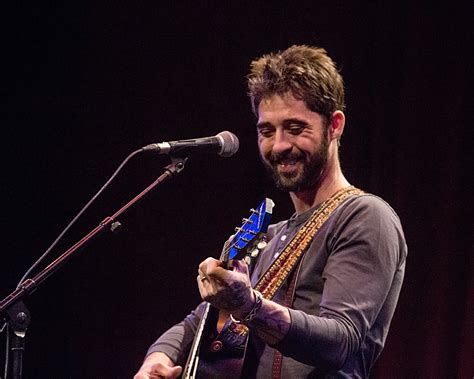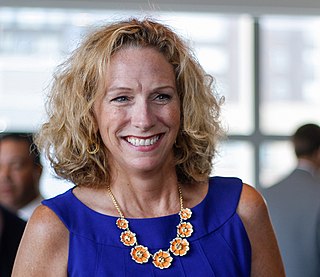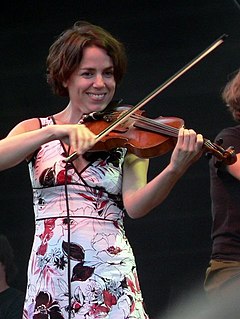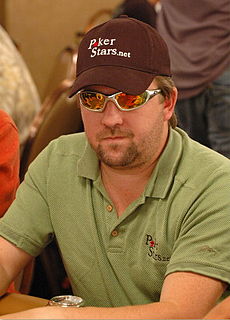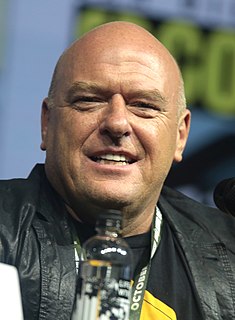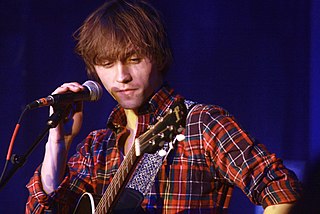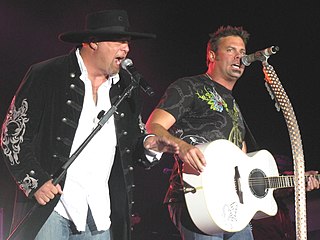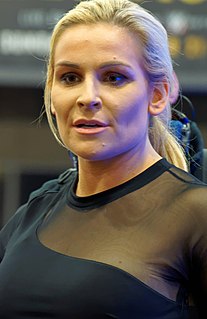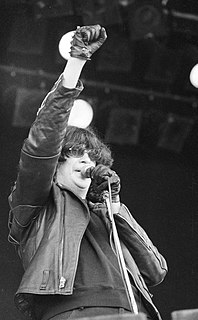A Quote by Kathleen Hanna
I've always talked a lot on stage - I really wanted to communicate my ideas and when you're playing at a lot of shitty punk clubs they don't have good PAs and so no one knows what you're singing about.
Related Quotes
I think we're a little bit protective in that way. You're always trying to balance between what's spreading the word about the band and what's good money and what's a shitty look. Is this good for the longevity of the band? Do people even care these days? We care, but do we care more about the money? We've had a lot of discussions about things. It gets us into a lot of fights, but it also makes you question your own morals in a really good way.
I talked to people that I'd done theater with, older actors and stuff. There's a lot of people who go into the business, and they must think they're good, or they wouldn't be in it. Why do you think that you're good enough to go into the business and make money at it? So I really wanted to ask myself that question a lot. Because it was an important kind of thing that I was going to do. I really wanted to do it, I loved it, and I thought that I was good enough that I could make money at it. And that's really what it came down to.
I'm sort of old-fashioned in the sense that I like to write something that I feel I could just perform alone, obviously, because I do that a lot in concert. So I try to make a song where there is as much that is as distinct as I can get it, just if I'm playing it or if I'm singing it. That makes me really do a lot of stuff in the guitar work when I sit and try to figure out how to indicate what sort of dynamic I'm aiming for. Where, rhythmically, I want to go. That's sort of what ties a lot of different records together, is that it's usually always based around me singing and playing a guitar.
When I signed with Scooter Braun and I decided to go overseas to promote my song, the only concern was how should I communicate with the public and the audience with my language. Scooter and I talked a lot about that: should we translate or not? Finally we didn't, and I think that was a really good decision.

